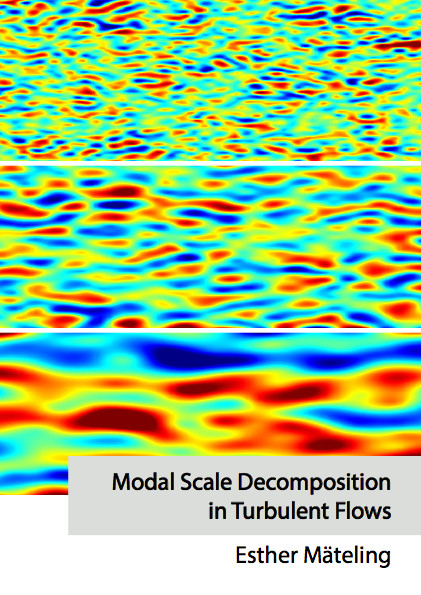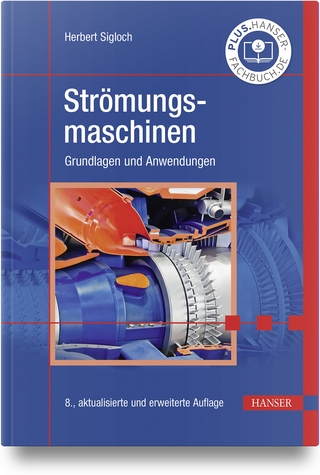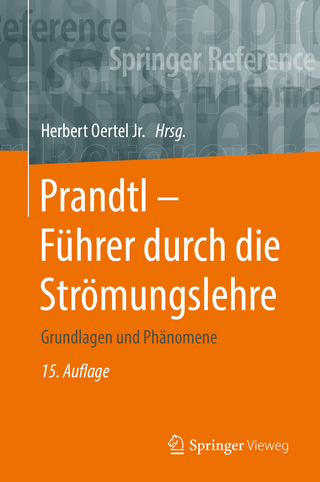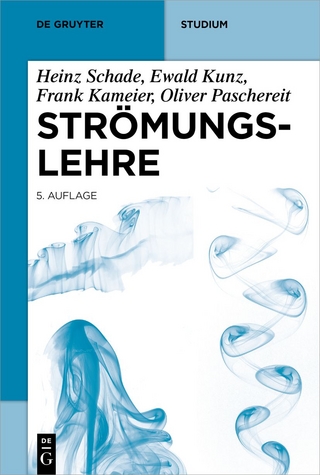
Modal Scale Decomposition in Turbulent Flows
Seiten
2022
Dr. Hut (Verlag)
978-3-8439-5145-6 (ISBN)
Dr. Hut (Verlag)
978-3-8439-5145-6 (ISBN)
- Keine Verlagsinformationen verfügbar
- Artikel merken
Turbulent flows are characterized by a complete spectrum of scales interacting via non-linear and unsteady processes that are usually challenging to capture with modern analysis tools. Therefore, the 2D noise-assisted multivariate empirical mode decomposition (NA-MEMD) is introduced. This data
decomposition method extracts physically meaningful modal representations of the flow field based on the scales inherent to the data. The simultaneous decomposition of multiple variates preserves their relations in the modal representations and additional properties like the noise assistance ensure a temporal coherence of the extracted modes. Consequently, spatially and temporally continuous modal representations of the flow field with an adaptive, scale-based segmentation are obtained that can be used to study dynamic flow features characterized by complex non-linear and unsteady interactions across different scales.
The approach is applied to typical fluid-dynamical applications covering generic problems like the turbulent channel flow and more complex scenarios like a turbulent boundary layer flow subjected to spanwise traveling transversal surface waves in terms of drag reduction and a transonic airfoil buffet flow. Overall, the findings reveal the enormous potential of the 2D NA-MEMD as a reliable data analysis tool in turbulent flows.
decomposition method extracts physically meaningful modal representations of the flow field based on the scales inherent to the data. The simultaneous decomposition of multiple variates preserves their relations in the modal representations and additional properties like the noise assistance ensure a temporal coherence of the extracted modes. Consequently, spatially and temporally continuous modal representations of the flow field with an adaptive, scale-based segmentation are obtained that can be used to study dynamic flow features characterized by complex non-linear and unsteady interactions across different scales.
The approach is applied to typical fluid-dynamical applications covering generic problems like the turbulent channel flow and more complex scenarios like a turbulent boundary layer flow subjected to spanwise traveling transversal surface waves in terms of drag reduction and a transonic airfoil buffet flow. Overall, the findings reveal the enormous potential of the 2D NA-MEMD as a reliable data analysis tool in turbulent flows.
| Erscheinungsdatum | 18.10.2022 |
|---|---|
| Reihe/Serie | Strömungsmechanik |
| Verlagsort | München |
| Sprache | deutsch |
| Maße | 148 x 210 mm |
| Gewicht | 210 g |
| Themenwelt | Naturwissenschaften ► Physik / Astronomie ► Strömungsmechanik |
| Technik | |
| Schlagworte | Drag Reduction • Empirical Mode Decomposition • turbulent flows |
| ISBN-10 | 3-8439-5145-4 / 3843951454 |
| ISBN-13 | 978-3-8439-5145-6 / 9783843951456 |
| Zustand | Neuware |
| Haben Sie eine Frage zum Produkt? |
Mehr entdecken
aus dem Bereich
aus dem Bereich


